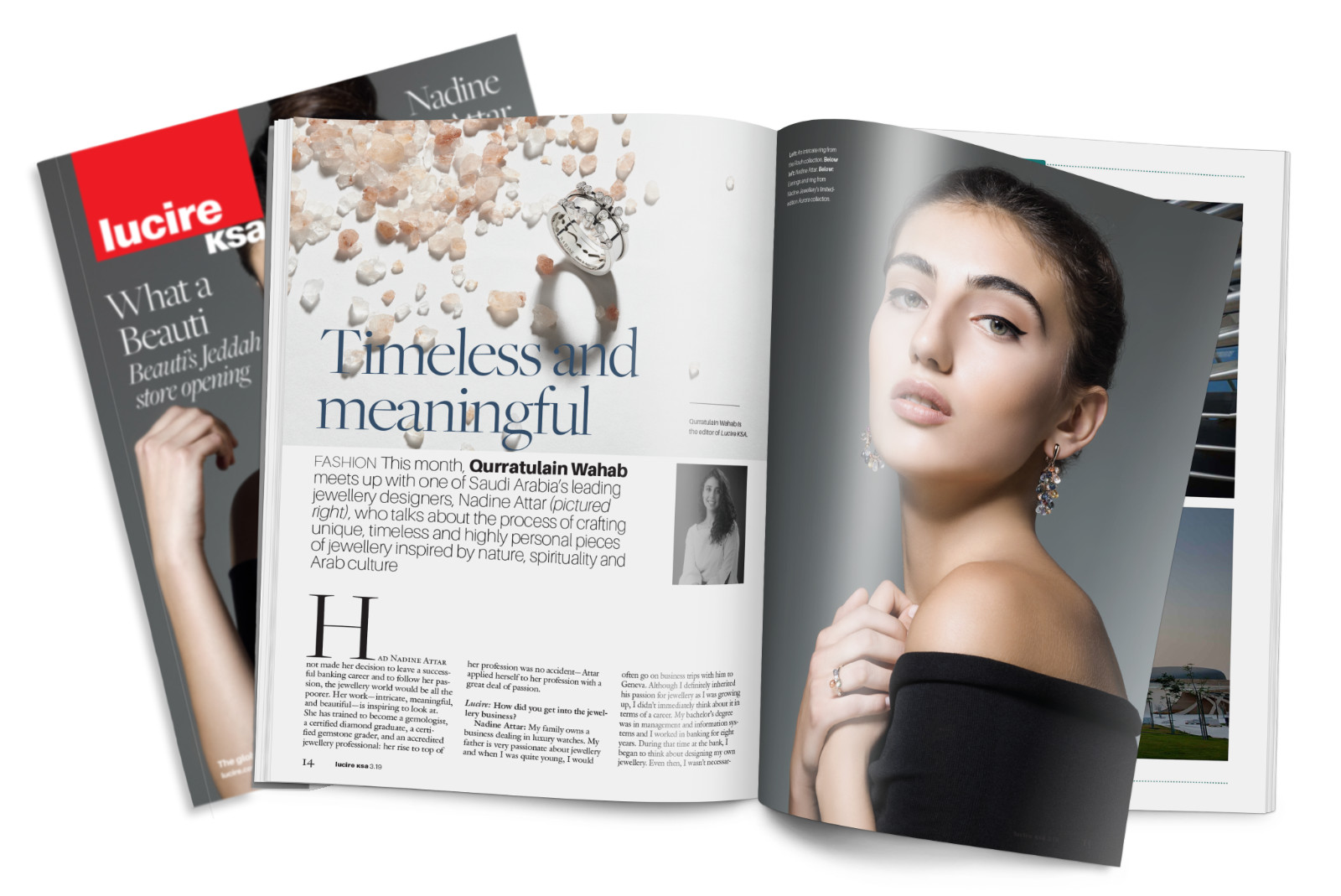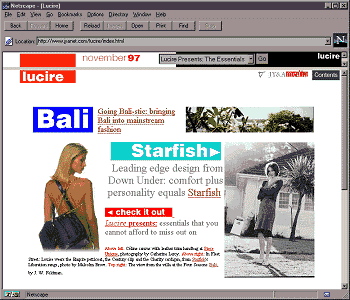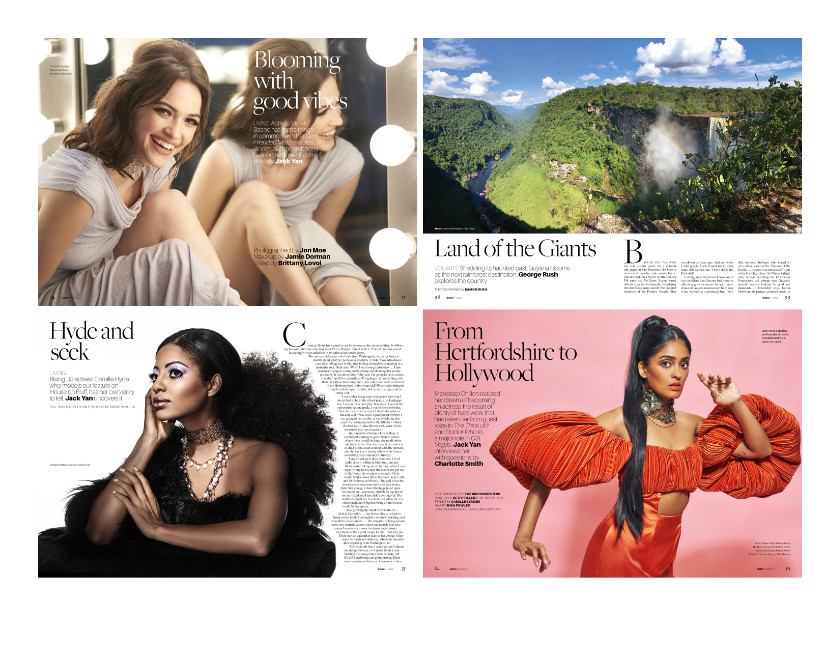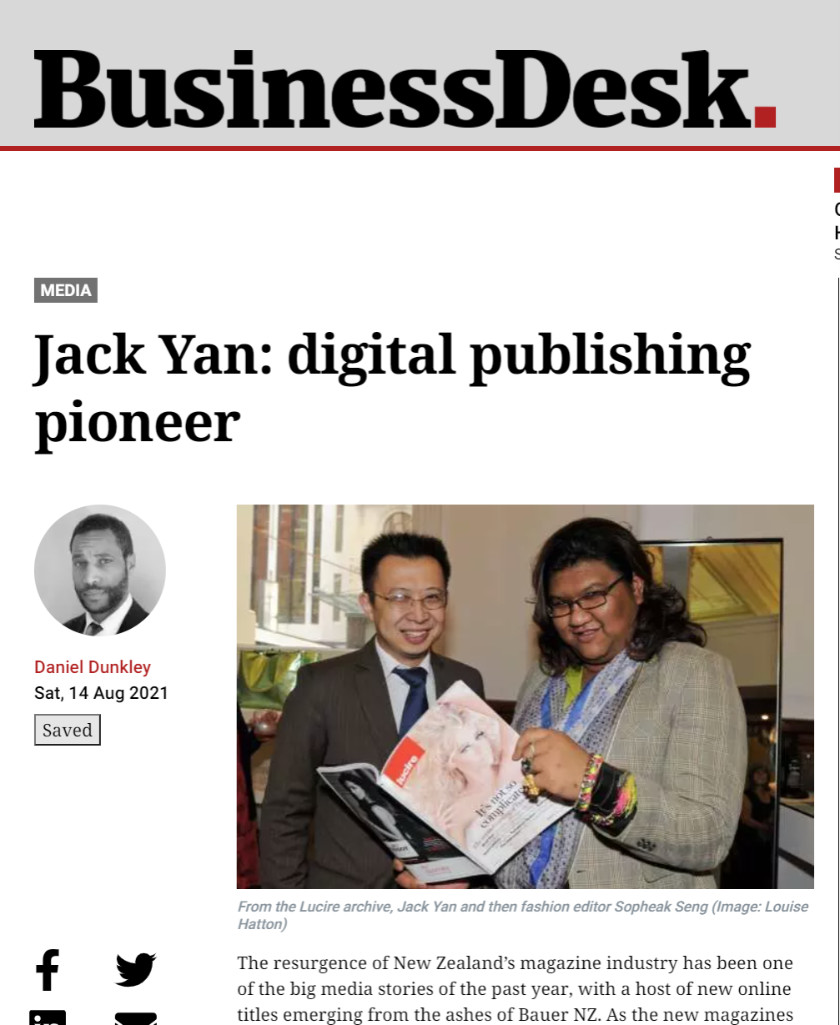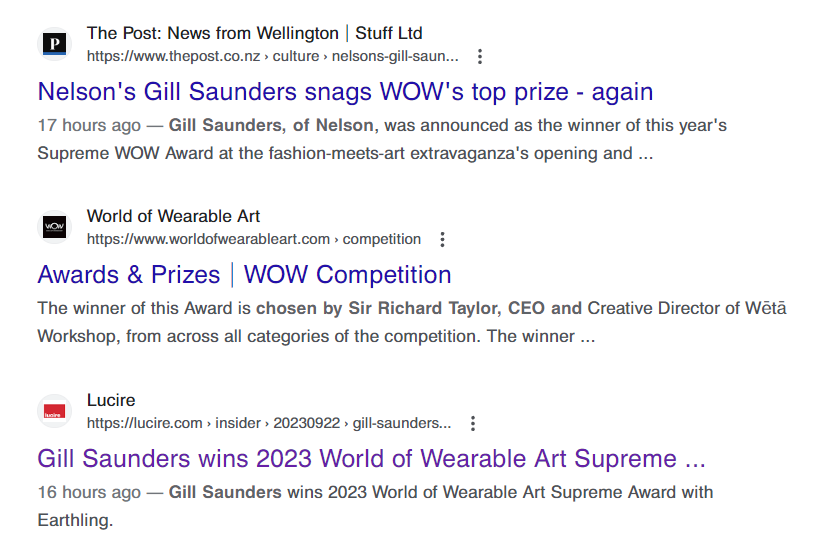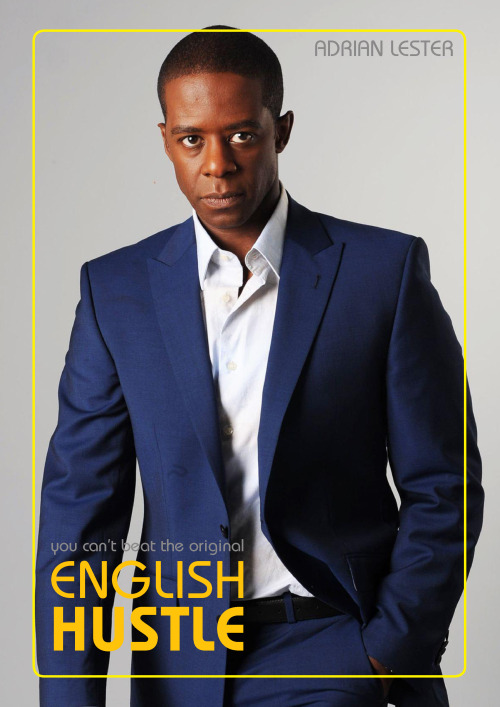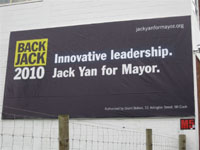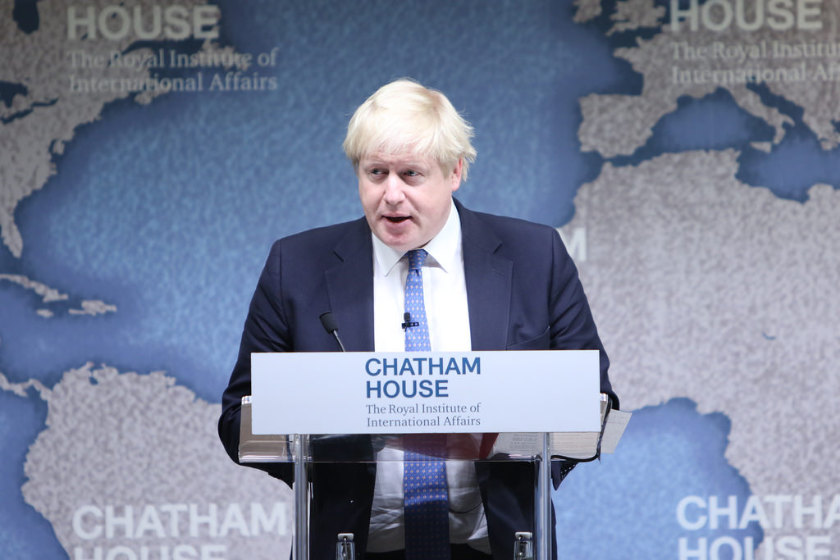[Cross-posted from Lucire]
Lucire will get a sister title in print. As the only magazine from New Zealand that’s licensed internationally—as far as I know—we could do one of two things: not pursue new titles because no one else does this work in this country, or expand our horizons further because no one else does this work in this country.
Since we launched in print in 2004, one of the comments we heard the most in our home country was ‘I thought it was from overseas,’ or ‘It looks so European,’ or even ‘I thought you licensed a foreign title and brought it here.’
I don’t what that says about us Kiwis: do we not think we’re capable of creating things others want to license, or that if it’s good, it can’t be from us?
I witnessed something similar in the font software industry prior to getting into digital publishing, when the belief in the 1980s was ‘New Zealand companies can’t publish fonts. This is always done by a foreign company,’ to which I always thought, ‘Why not?’ And that’s when I became the first digital font designer here and published my own work.
That was the 1980s, leading into the early 1990s. By the time Lucire went into print, we had had seven years here doing the website only. It was 2004: after Peter Jackson answered the age-old question of ‘Who shot J. R. R.?’ and filmed The Lord of the Rings trilogy. We knew world-class stuff came from here. It shouldn’t have been a stretch to think that Lucire was local.
My late friend David MacGregor, who left us two years ago this month, did a men’s fashion website called Emale which was every bit as good as anything from abroad. He went on to co-create Idealog, a world-class magazine on the innovation space in New Zealand. Jones Publishing’s Dish magazine remains one of the finest culinary magazines in the world. Lucire was in fine company in the mid-2000s.
My colleagues chose to focus on the domestic market, which they knew, and where they found success. I always felt our venture had legs abroad so I had a different focus. And that’s OK, to each their own. I admire what they have achieved.
Personally, I have always believed in exporting intellectual property and in frictionless exports, having come from fonts, and made this a big part of my mayoral campaigns in Wellington in 2010 and 2013. I reasoned that this was good for foreign exchange and for growing our GDP per capita. We also have the talent. Hence my promotion of a city-wide wifi network back then, to help with tele-working (now usually called WFH or working from home). I wanted it rolled out in the CBD before going to poorer areas to bridge the digital divide. There’s no gaslighting involved here: this is all a matter of record.
And, of course, I was looking ahead by a decade, as you should expect political candidates do, not peer through a rear-view mirror. I was thinking that we couldn’t depend on tourism fully in case there was an economic shock. I didn’t say there’d be a pandemic, but I think of how well prepared we would have been had I won and had the opportunity to put a more technology-based economy in place.
This development, then, is something I believe in for this country. Just a little contribution from my side of the street. And I hope that it’ll be welcomed by customers around the world as well as my compatriots.
I won’t reveal more about the new title yet. It’s something that many of you won’t be surprised about. And thanks to technological advances, it’s more possible to achieve this goal in 2023–4. I hope for the best but I’m humble enough to allow the customer to determine whether we are successful. In a few weeks’ time I hope to be able to reveal more.
